Roundup in soil
turaloora
9 years ago
Related Stories

EDIBLE GARDENSNatural Ways to Get Rid of Weeds in Your Garden
Use these techniques to help prevent the spread of weeds and to learn about your soil
Full Story
GARDENING GUIDESGet on a Composting Kick (Hello, Free Fertilizer!)
Quit shelling out for pricey substitutes that aren’t even as good. Here’s how to give your soil the best while lightening your trash load
Full Story
GARDENING GUIDESNew Ways to Think About All That Mulch in the Garden
Before you go making a mountain out of a mulch hill, learn the facts about what your plants and soil really want
Full Story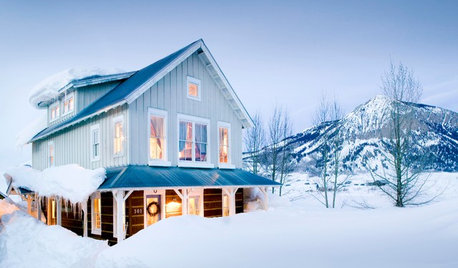
LIFEHard Winter? 9 Ways to Battle Cabin Fever
We know a lot of you are trapped where it just won’t stop snowing. Here are some ways to survive
Full Story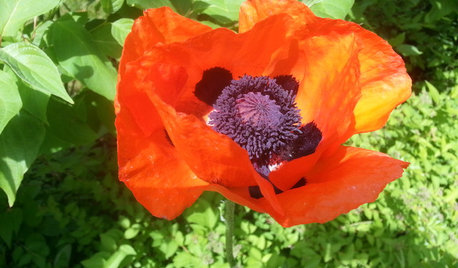
GARDENING GUIDESBeautiful Flowers and Foliage From Dedicated Backyard Gardeners
From lawn daisies to topiaries, Houzz users share their backyard beauties
Full Story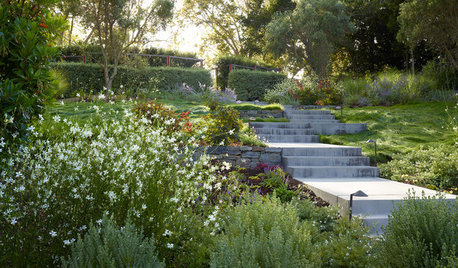
EARTH DAY5 Ideas for a More Earth-Friendly Garden
Consider increasing the size of garden beds, filtering rainwater and using plants to reduce energy use
Full Story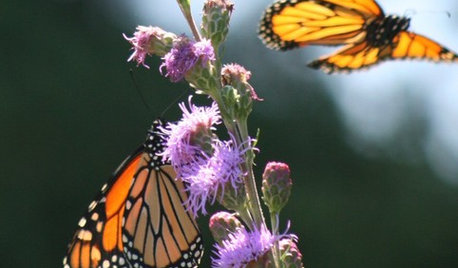
GARDENING GUIDESGreat Design Plant: Meadow Blazing Star (Liatris Ligulistylis)
Make fast friends with the monarch butterflies and get a color show too with this adaptable U.S. Midwest native
Full Story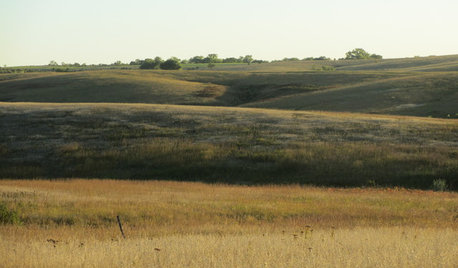
GARDENING GUIDESHow to Get Your Prairie On
Have a field day with your landscape, even if you've got just a few modern containers on a paved path
Full Story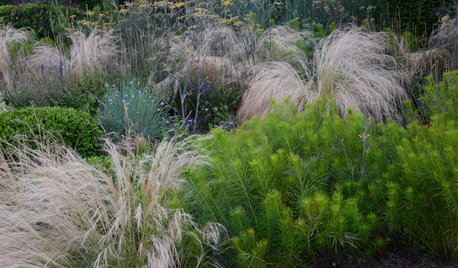
GARDENING GUIDES4 Ways to Break the Rules in Your Garden
For a more creative landscape design, take a different approach to planting
Full Story
FARM YOUR YARDHow to Build a Raised Bed for Your Veggies and Plants
Whether you’re farming your parking strip or beautifying your backyard, a planting box you make yourself can come in mighty handy
Full Story






subk3
jean001a
Related Professionals
Fort Lee Landscape Architects & Landscape Designers · Palm Springs Landscape Architects & Landscape Designers · Bethel Park Landscape Contractors · Lady Lake Landscape Contractors · North Haven Landscape Contractors · Oak Forest Landscape Contractors · Paterson Landscape Contractors · West Haverstraw Landscape Contractors · Oxon Hill Landscape Contractors · Champaign Decks, Patios & Outdoor Enclosures · Hockessin Decks, Patios & Outdoor Enclosures · Palo Alto Decks, Patios & Outdoor Enclosures · Spokane Decks, Patios & Outdoor Enclosures · Stafford Decks, Patios & Outdoor Enclosures · Universal City Decks, Patios & Outdoor Enclosurespoaky1
nil13
Kimmsr
toxcrusadr
Slimy_Okra
cold_weather_is_evil
slowjane CA/ Sunset 21
Kimmsr
toxcrusadr
nancyjane_gardener
slowjane CA/ Sunset 21
jolj
pontyrogof
pontyrogof